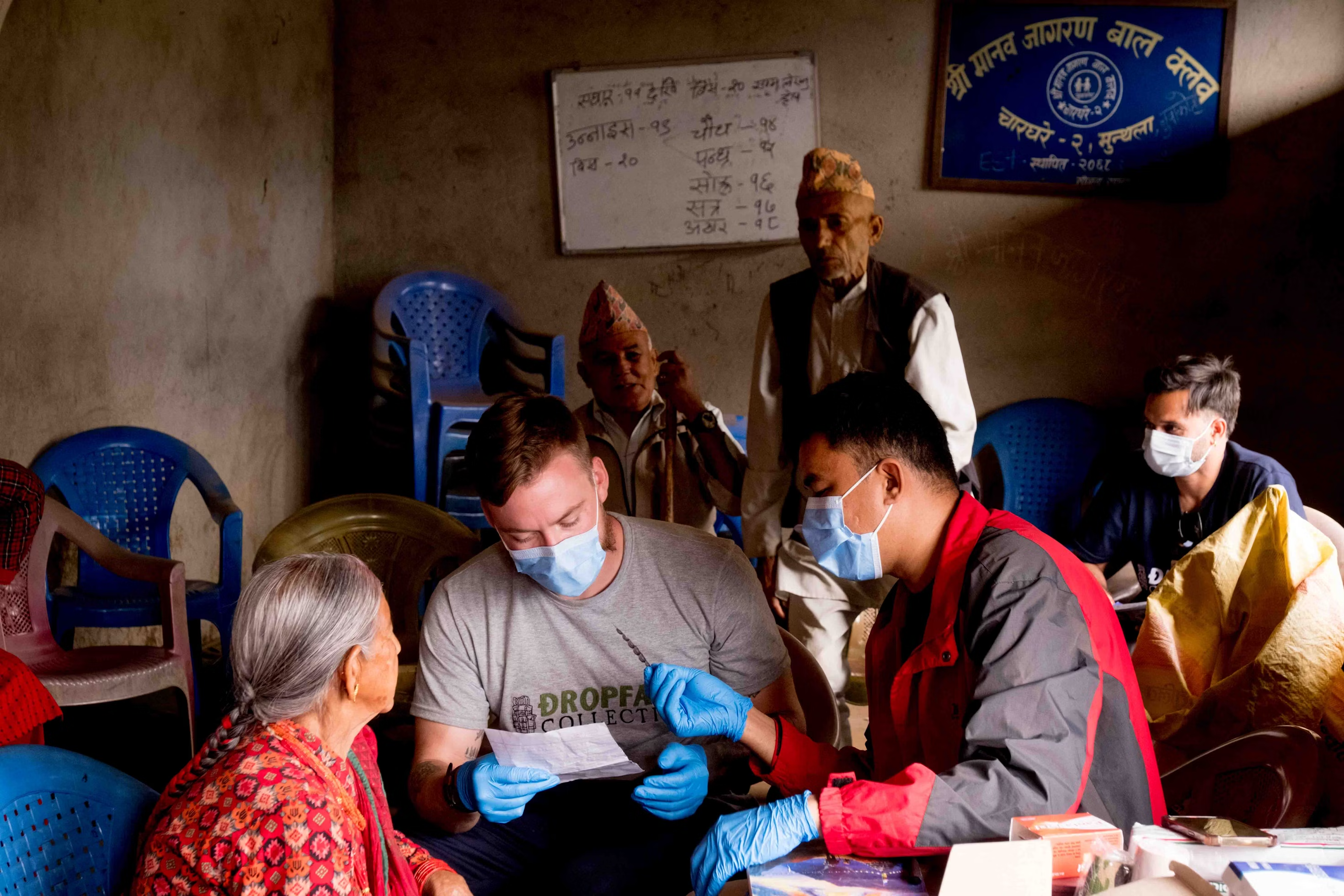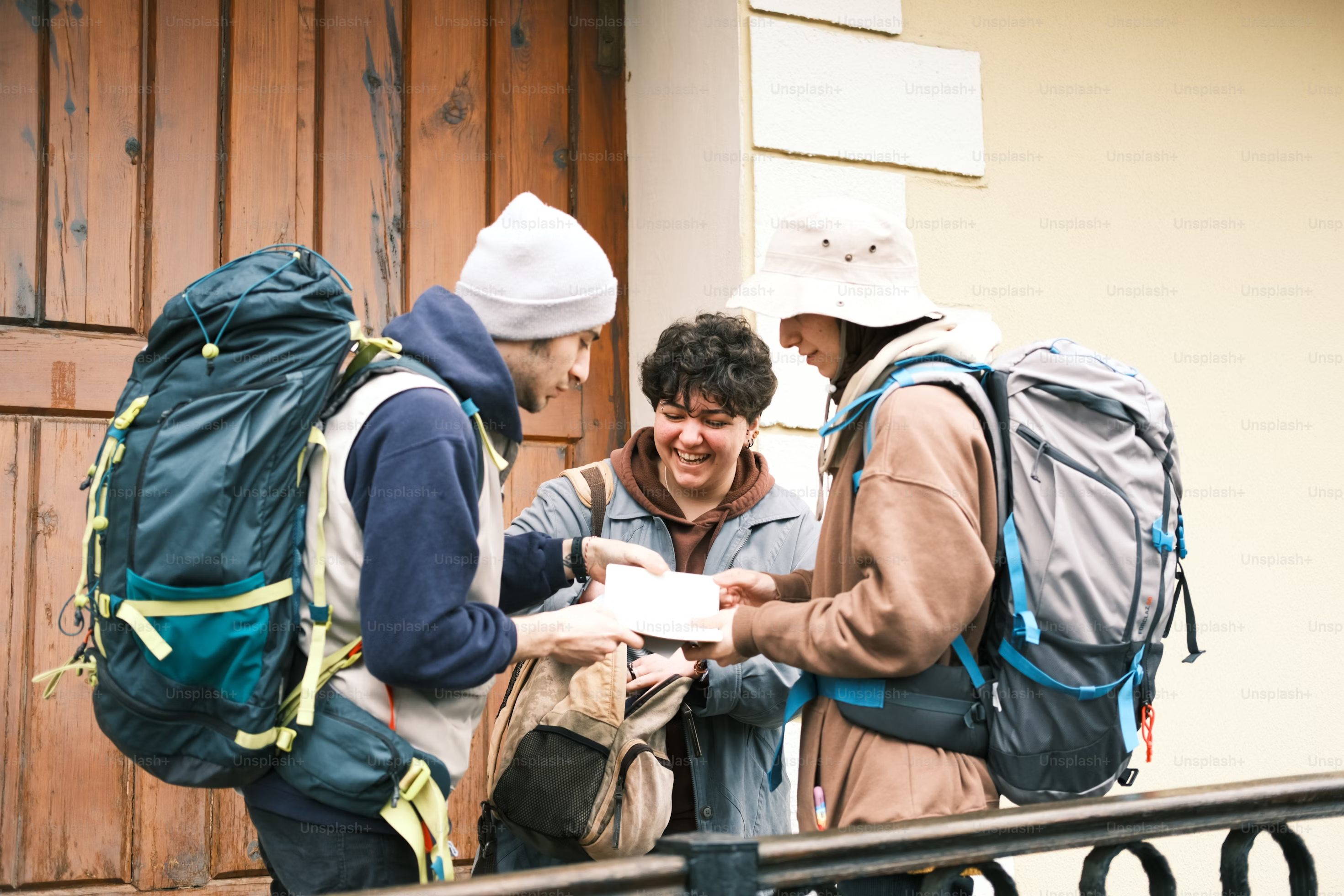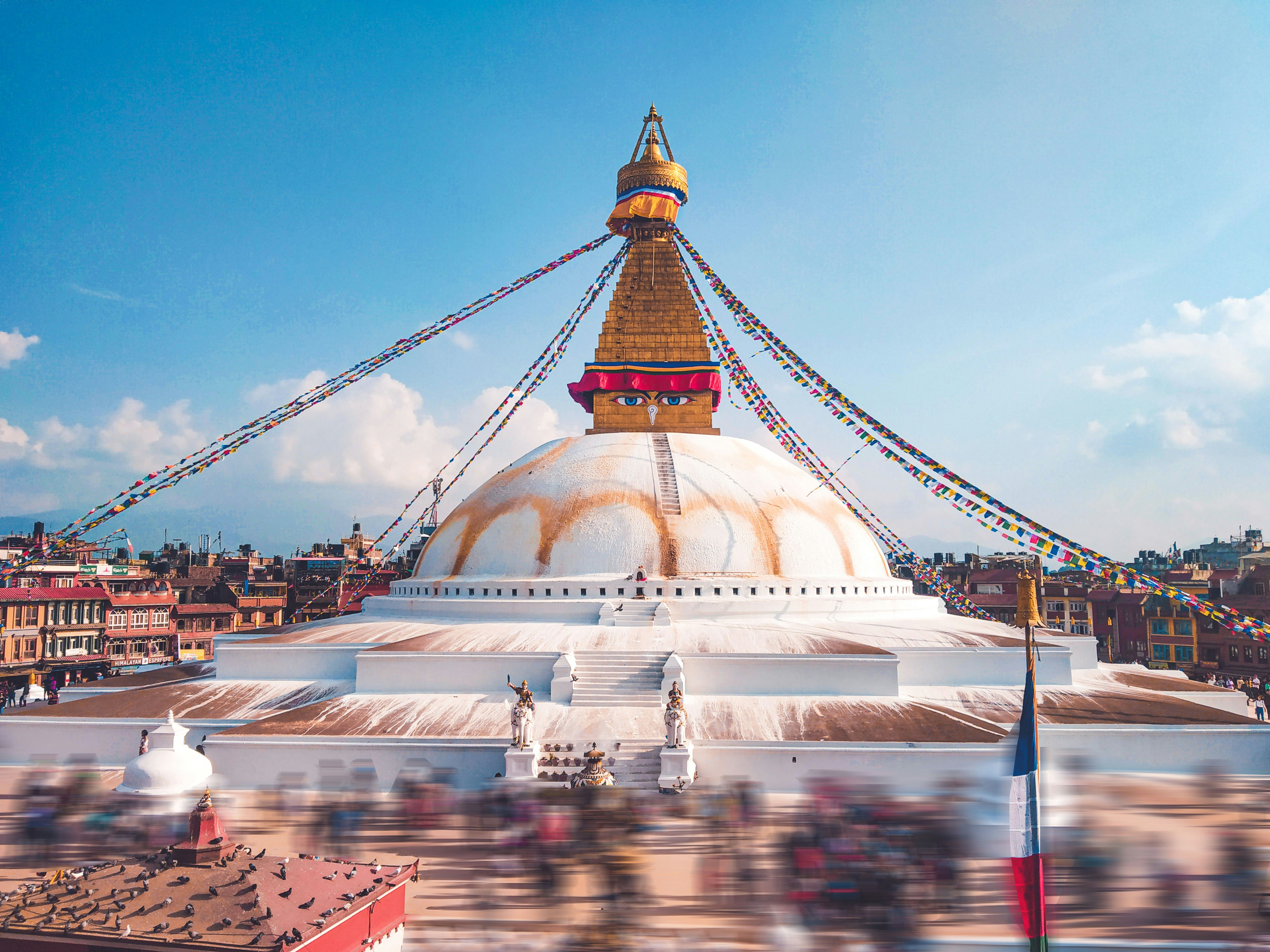
Health & Safety
Your safety and well-being are our top priorities. We maintain the highest standards of health and safety protocols for all our Nepal immersion programs.
Pre-Departure Safety Preparation
We provide comprehensive pre-departure information and training to ensure all participants are well-prepared for their Nepal experience.
Safety Briefings
Comprehensive safety orientation covering local customs, emergency procedures, and cultural sensitivity.
Health Requirements
Detailed vaccination requirements, medical clearance forms, and health insurance verification.
Cultural Training
Guidance on local customs, dress codes, and respectful behavior in Nepali communities.

Insurance Requirements
Travel & Medical Insurance
Important: Yes, you need travel and medical insurance and you are responsible for arranging it. Immersion Nepal Team cannot take responsibility for the financial compensation of any loss or theft of possessions or medical assistance required during your volunteer placement.
As with any overseas travel, insurance is highly recommended and comprehensive travel and medical insurance should be obtained before traveling to Nepal. Check online to see what offers are available or talk to your travel agent.
Required Coverage:
- •Medical treatment - Full coverage for medical expenses
- •Accidents - Comprehensive accident coverage
- •Helicopter evacuation - Essential for remote areas
- •Flight cancellations - Protection against travel disruptions
- •Lost/stolen items - Cash, cards, passport, luggage
- •Terrorist action coverage - Comprehensive protection
Trekking Insurance Requirements:
If you are planning to trek, make sure your insurance covers accidents and evacuation by helicopter. Your insurance should cover minimum 5,000m altitude.
Important: Make sure to check the details of your policy and check for exclusions to ensure your policy adequately covers you for any activities you plan to undertake.
Vaccination Requirements
Medical Preparation
Please contact your doctor or travel clinic at least 3 months before your arrival in Nepal for medical advice, and bring a record of your vaccinations with you.
Essential Vaccinations (√):
- •Hepatitis A - Essential for food and water safety
- •Hepatitis B - Recommended for all travelers
- •Influenza - Seasonal protection
- •Typhoid - Important for food safety
Conditional Vaccinations:
- •Diphtheria - Only if not immunized in childhood
- •Polio - Only if not immunized in childhood
- •Tetanus - Only if working on construction projects
- •Tuberculosis - Only if not immunized in childhood
Optional Vaccinations:
- •Japanese B Encephalitis (JBE) - Only if traveling to terai area
- •Meningococcal Meningitis - Only if doctor recommends
- •Rabies - Not routinely needed, but required if bitten by dog/monkey
- •Yellow Fever - Not endemic in Nepal, but required if coming from infected area
Emergency Vaccinations:
If you are coming with short notice, some vaccinations are available in Kathmandu at the CIWEC Clinic:
www.ciwec-clinic.comMalaria Prevention:
The Kathmandu area, Nuwakot and Okhaldhunga (our working sites) is generally classified as malaria-free. However, there are parts of Nepal which are not malaria free. Please seek medical advice if you intend to travel to different parts of Nepal, especially southern terai.

24/7 In-Country Support
Our dedicated team provides round-the-clock support and maintains comprehensive emergency response protocols throughout your stay in Nepal.
Emergency Hotline
Direct access to our emergency response team available 24/7 during your program.
Local Staff
Experienced local guides and facilitators who know the area and can respond quickly to any situation.
Medical Facilities
Partnerships with trusted local healthcare providers and access to international medical facilities.
Health & Medical Support
Medical Partnerships
We maintain partnerships with trusted local healthcare providers, international clinics, and emergency medical services throughout Nepal.
- • Local hospitals and clinics
- • International medical centers
- • Emergency evacuation services
Health Monitoring
Regular health check-ins and monitoring to ensure all participants remain healthy throughout their program.
- • Daily wellness checks
- • Health status monitoring
- • Immediate medical response
Emergency Protocols
Comprehensive emergency response plans including medical emergencies, natural disasters, and security situations.
- • Emergency evacuation plans
- • Natural disaster protocols
- • Security incident response
Safety Guidelines & Best Practices
Personal Safety
- • Always travel in groups or with a guide
- • Keep emergency contact information readily available
- • Follow local customs and dress codes
- • Stay hydrated and maintain good health practices
Cultural Sensitivity
- • Respect local traditions and religious practices
- • Ask permission before taking photographs
- • Dress modestly in religious and rural areas
- • Learn basic Nepali phrases and greetings
Environmental Safety
- • Follow trekking and outdoor safety guidelines
- • Be aware of weather conditions and forecasts
- • Stay on designated paths and trails
- • Carry appropriate safety equipment
Communication
- • Regular check-ins with program staff
- • Report any concerns immediately
- • Keep family and university updated
- • Use designated communication channels
Emergency Information
Immediate Emergency Contacts
Our Emergency Response
In case of emergency, our team will:
- • Respond immediately to your call
- • Coordinate with local authorities
- • Provide medical assistance
- • Contact your university and family
- • Arrange emergency evacuation if needed

Have Questions About Safety?
Our safety team is here to address any concerns and ensure you feel confident about your Nepal experience.